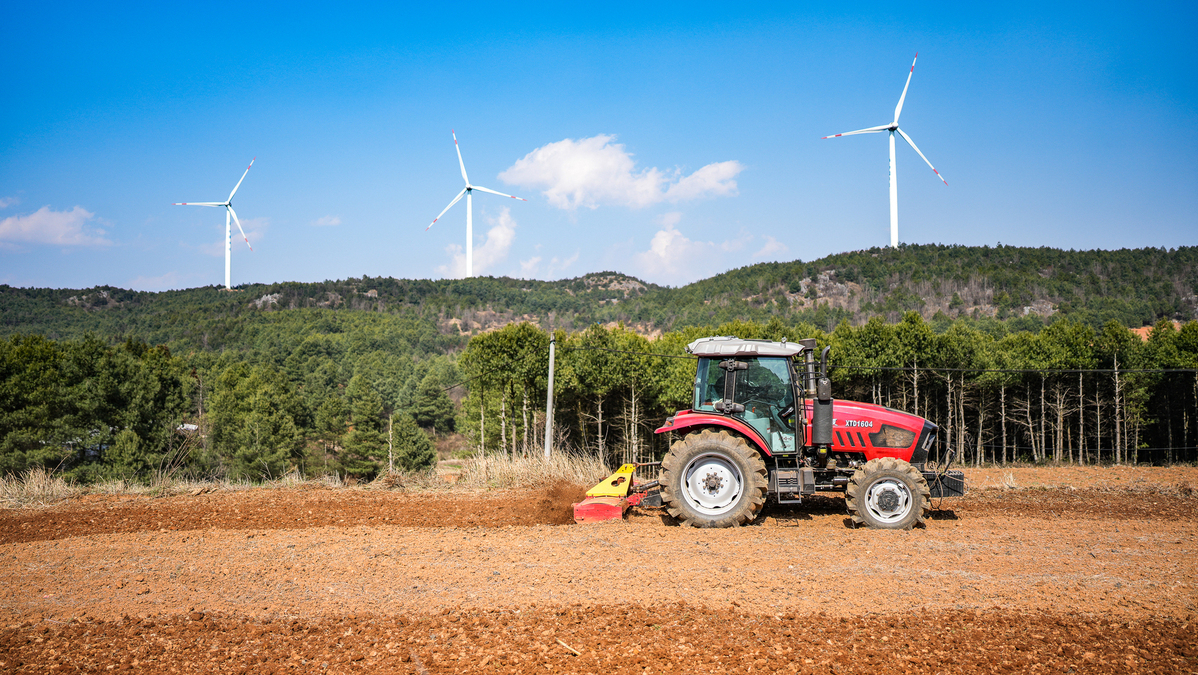 A farmer works in a field in Shayu village of Panzhou city, Guizhou province, Feb 9, 2023. [Photo/Xinhua]
A farmer works in a field in Shayu village of Panzhou city, Guizhou province, Feb 9, 2023. [Photo/Xinhua]
The central authorities on Monday unveiled the closely watched "No 1 central document" for this year, which pledged to advance the national strategy of rural vitalization and accelerate modernization in rural regions, according to Xinhua News Agency.
As the first policy statement released each year by the central authorities, the document — issued by the Communist Party of China Central Committee and the State Council — is seen as an indicator of policy priorities.
Work on agriculture and rural areas has been high on the agenda of the "No 1 central document" for 20 consecutive years since 2004.
A summary of the document published by Xinhua said the CPC Central Committee had agreed that work related to agriculture, rural villages and farmers will be the most important of the Party's key tasks.
The "most arduous tasks" in building China into a modern socialist country are also those associated with rural areas, it said.
Such work has utmost importance and cannot risk any mistakes given that the world today is experiencing changes unseen in a century, and China has entered a period when strategic opportunities exist alongside risks and challenges, and there are a greater number of uncertainties and unpredictable factors.
The report to the 20th CPC National Congress in October reiterated the Party's goal of turning the nation into a fully modernized socialist country by 2050. The way to reaching that goal is also made clear — through the Chinese path to modernization.
While speaking at the annual Central Rural Work Conference in December, Xi Jinping, general secretary of the CPC Central Committee, Chinese president and chairman of the Central Military Commission, said the socialist modernization won't be complete without agricultural and rural modernization.
This year's "No 1 central document" has nine sections, whose topics include food production, rural infrastructure development and boosting rural industry.
It called for efforts to safeguard national food security and to prevent farmers that had been lifted from poverty from falling back.
The guideline also called on local authorities to advance rural development, construction and governance, and speed up building China into a global agricultural powerhouse and make the Chinese countryside a more harmonious and beautiful place to live and work in.